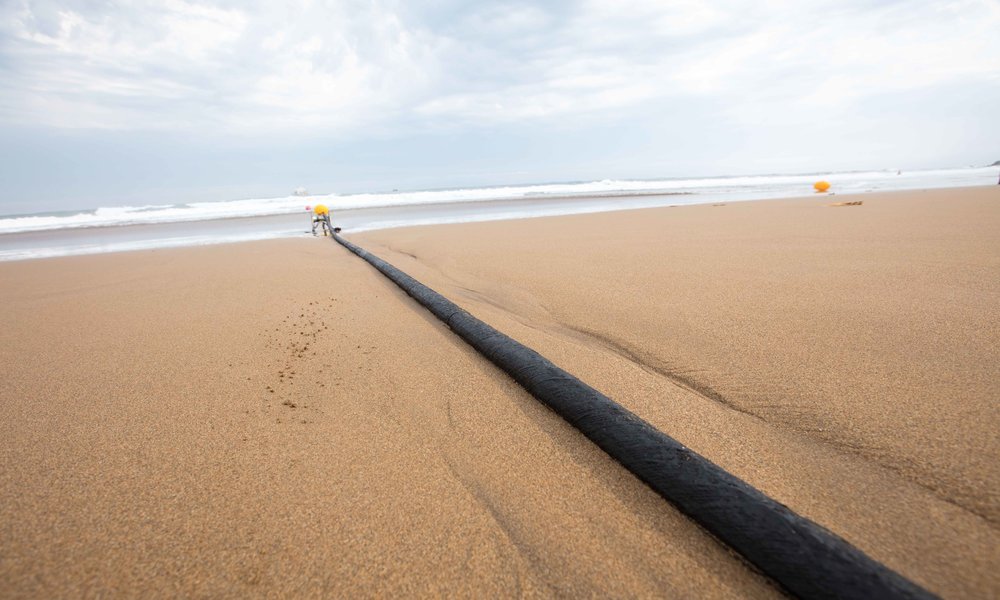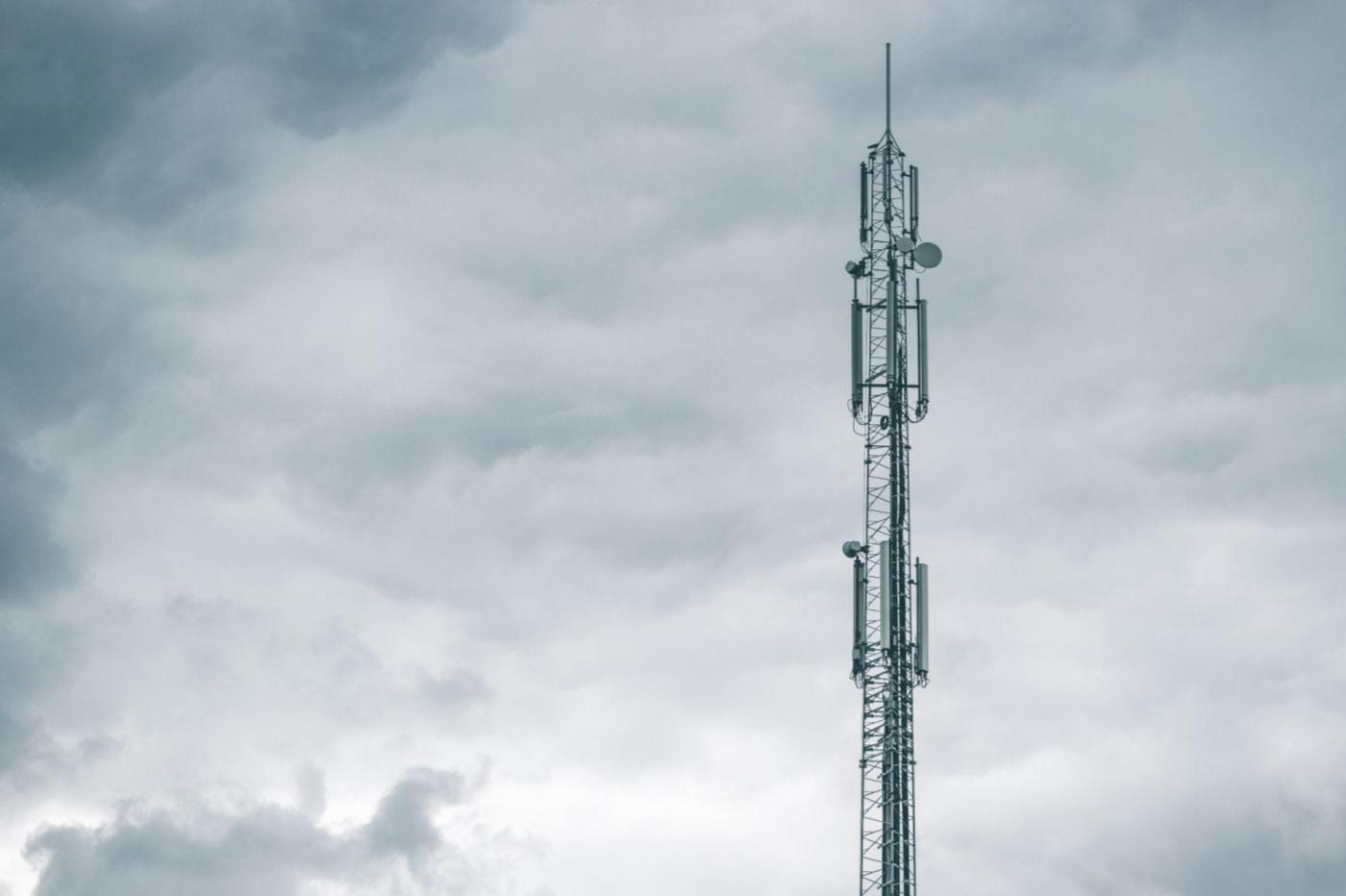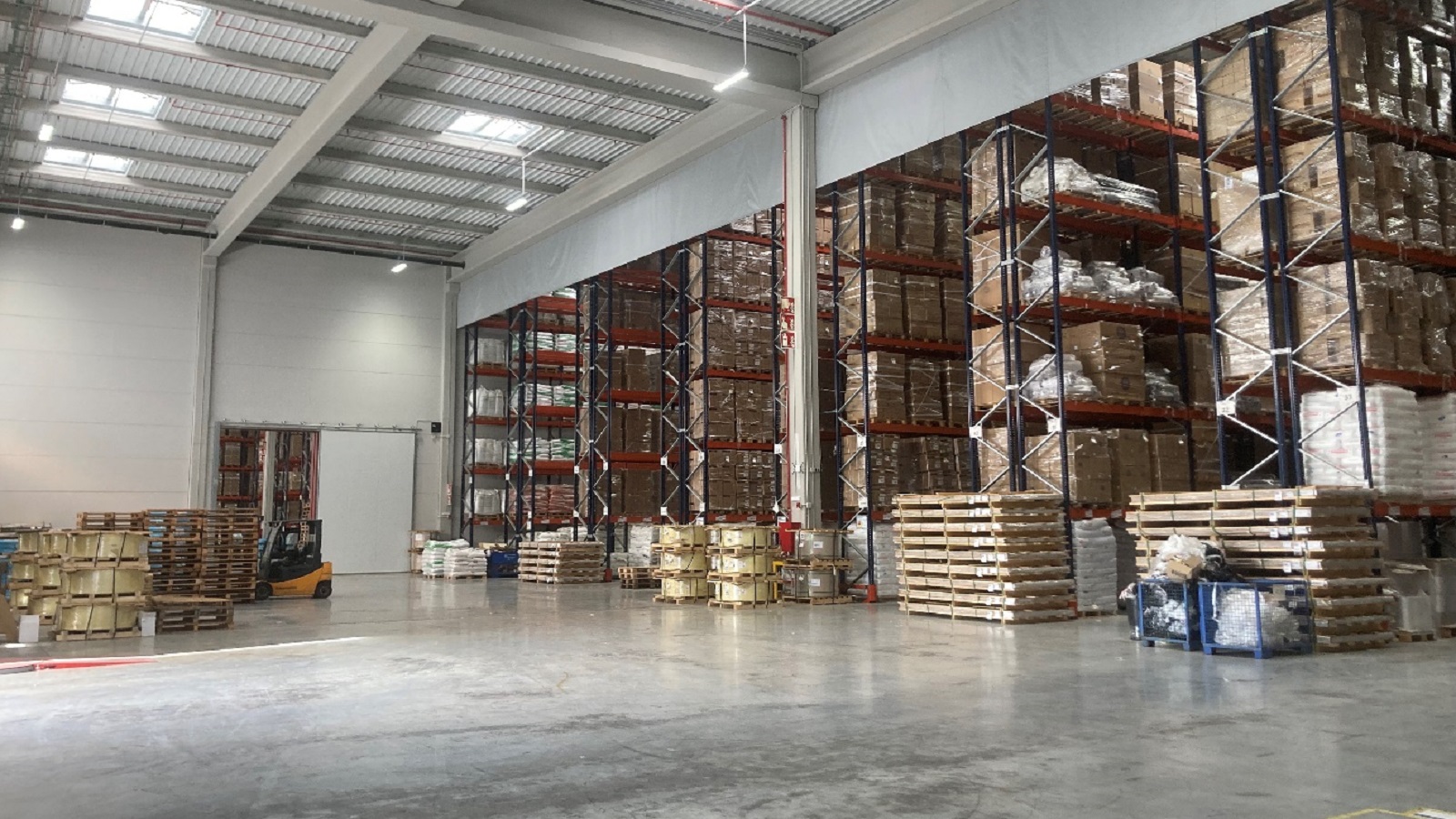
The European Union is planning the deployment and commissioning of a submarine Internet cablewith the aim of improving connectivity with Georgia, as well as reduce their reliance on lines running through Russia. According to the Financial Times, this is because there is increasing concern about vulnerabilities that lurk in the infrastructure that transmits data globally.
This new cable, in which it is estimated that some 45 million euros will have to be invested, will link the EU member states with the Caucasus through the international waters of the Black Sea. It will be approximately 1,100 kilometers long.
The cable deployment project aims to reduce the region’s dependency.”of connectivity transit through Russia of terrestrial fiber opticse”, they have recognized from the European Commission.
The EU and Georgia jointly identified the need for a Black Sea submarine cable in 2021, in order to improve Georgia’s digital connectivity. The war in Ukraine has given further impetus to the project, since it is necessary to avoid depending on «connections that are neither secure nor stable«.
Internet cables are under surveillance, as there are concerns in several countries about espionage. Land lines and stations where submarine cables surface are considered vulnerable points for interception by various governments, hackers and thieves.
Russia has already given indications that it would be willing to target certain sensitive infrastructure for third parties. This can be problematic today, when 99% of intercontinental traffic is transmitted through more than 400 active submarine cables, with a total length of 1,400 kilometres.
Russia is one of several routes through which data packets travel between Asia and Europe, and is crucial for connectivity for parts of Asia and the Caucasus. That is why concerns about the country’s dependence have skyrocketed.
According to him Chairman of the Foreign Affairs Committee of the European Parliament, David McAllisterthe Black Sea cable would be a “blue-chip project” and a regional priority for the block, since without Internet cables it would be very difficult to continue maintaining connectivity.
Of course, doubts about the deadlines and viability of the project are still present, especially since Russia continues to use its warships in the Black Sea to fire missiles towards Ukraine, and last year it blocked several of its ports.




